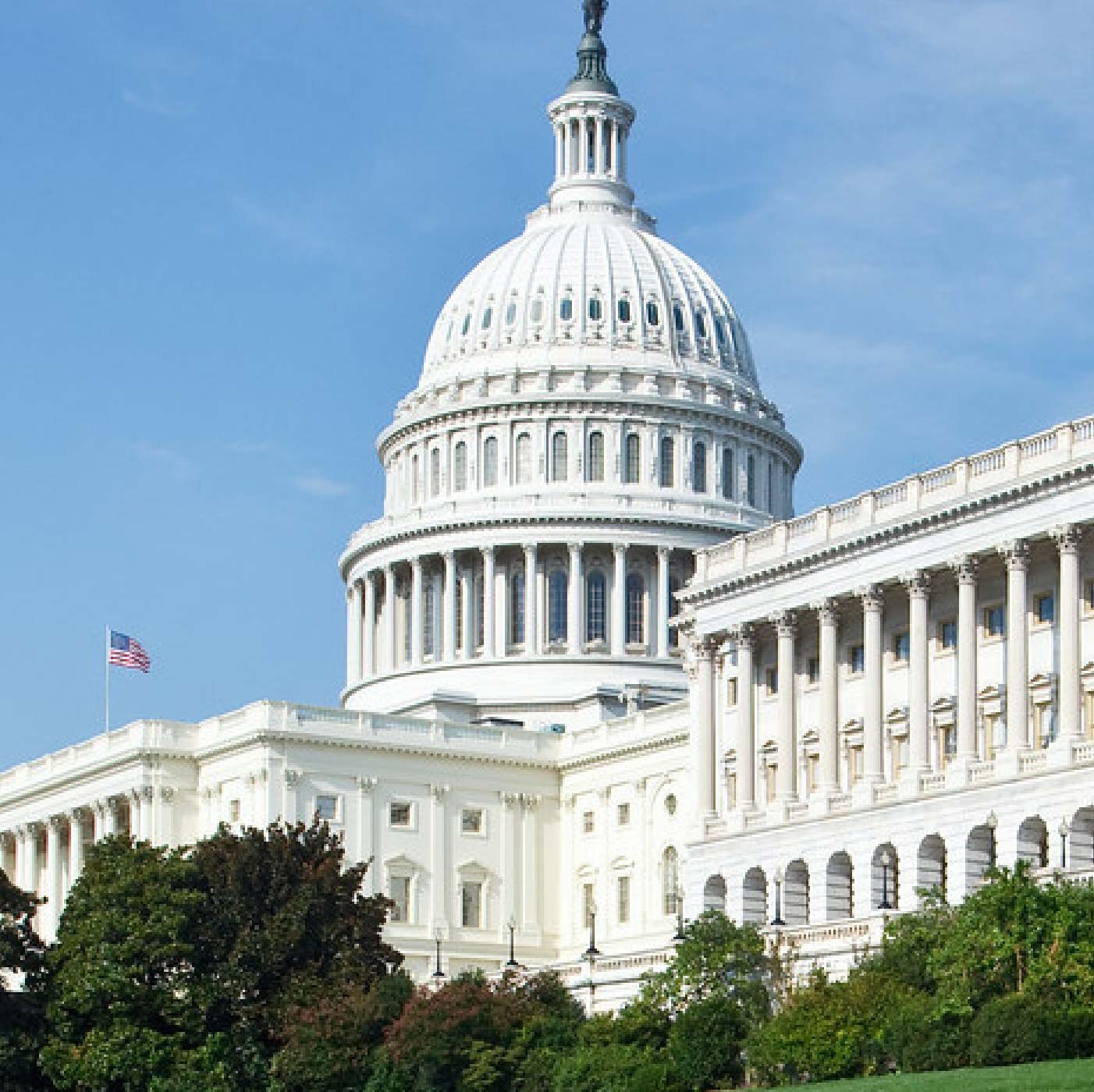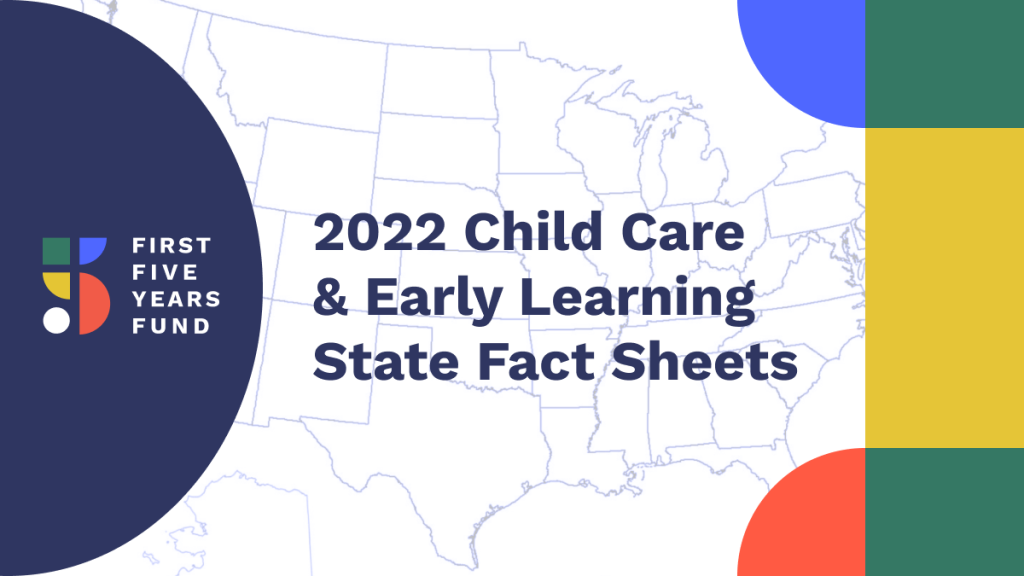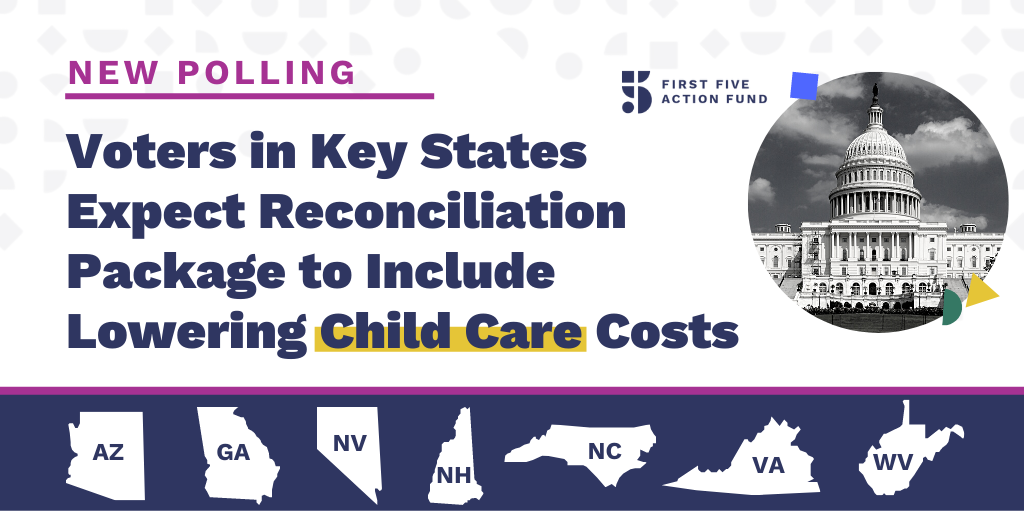NEW POLLING: Voters, Small Businesses Agree Child Care is an Economic Imperative, Congress Must Act

Today, the First Five Years Fund (FFYF) released the findings of two new polls conducted immediately following the 2022 midterm elections by the bipartisan team of Hart Research Associates and New Bridge Strategy. One of the first national assessments of what Americans expect from Congress following Election Day, the surveys found that voters and small business owners across the political spectrum overwhelmingly endorse federal government action on child care, and agree that the national shortage of affordable child care programs is doing significant harm to families’ finances, businesses’ bottom lines, and the U.S. economy broadly.
First Five Years Fund Executive Director Sarah Rittling released the following statement:
“The message from our polling couldn’t be clearer: Voters and business owners across the political spectrum agree that Congress should support working parents and invest in child care. Americans overwhelmingly view this not only as a values question, but an economic imperative.
“Child care is not an abstract issue for most Americans. Every day, working parents and businesses see and feel the impacts of the country’s care crisis first hand. At a time when our politics are as polarized as ever before, our data shows that concerns about child care are nearly universal, touching every corner of the country and bridging the political divide.
“As lawmakers work to negotiate a year-end spending bill and consider how they will address today’s challenges in a divided Congress, our polling charts a clear path forward with broad bipartisan support. Americans overwhelmingly want more federal investments for child care, and they believe it is essential to building a stronger economic future for our country. All that’s left is for Congress to act.”
SEE THE FULL RESULTS OF FFYF’S LATEST POLLING
Key Poll Findings:
Voters and small business owners overwhelmingly support the federal government taking action on child care. In fact, the two groups are in lockstep on this point: 74% of both voters and small business owners say that federal funding for child care and early learning programs should be increased.
- Among voters surveyed, this sentiment was shared across party lines—88% of Democrats, 70% of swing voters, and 61% of Republicans agree.
- Similarly, among small business owners, 82% of Democrats, 72% of Independents and 68% of Republicans agree.
And more than 80% of voters and business owners support a federal proposal to expand funding to states to increase child care options.
- Support for this proposal is extremely high across the electorate—97% of Democrats, 87% of independents, and 72% of Republicans (including 63% of self-described very conservative Republicans).
- Similarly, support for this proposal is extremely high among small business owners, including 94% of Democrats, 83% of Independents, and 76% of Republicans.
- Two key voting groups are also strongly on board, with 87% of suburban women, and fully 94% of voters under age 35 supporting the proposal.
- Notably, 84% of voters say it would be acceptable for a proposal like this to increase the federal deficit in the short run if it paid for itself in the long run, including 84% of swing voters and 70% of Republicans.
Voters and small business owners agree access to child care is central to strengthening the U.S. economy and supporting workers.
- 70% of voters say access to high-quality, affordable child care is “essential” or “very important” to our ability to strengthen the economy and help workers, including 74% of suburban women.
- 71% of small business owners think that access to high-quality, affordable child care is essential or important to strengthening the economy and helping workers, including 68% of Republicans.
- One in five voters has had to cut back on work hours, cut back on other household essentials, turn down a job opportunity, or leave the workforce entirely due to child care issues.
Voters are dismayed Congress has not acted, and there is broad desire for President Biden and Congress to work together to expand affordable child care options.
- When told that Congress considered legislation earlier this year that would have increased child care funding and would have made it more widely available and affordable, 65% of voters say they are disappointed (45%) or even angry (20%) that Congress failed to act.
- Suburban women are even more dismayed—71% describe themselves as angry or disappointed.
- And partisan polarization does not stop voters from wanting Congress and the administration to work together on this issue. Fully 81% of voters say their member of Congress should work with the Biden administration to enact policies that expand affordable child care options; this includes 69% who feel strongly that this is the case. Sixty-five percent (65%) of Republicans say their member of Congress should work with the Biden administration on this.
Business owners across the political spectrum agree that the national shortage of affordable child care programs is doing significant harm to families’ finances, businesses’ bottom lines, and the U.S. economy broadly.
- 88% of business owners agree that employees who have young children will be more likely to remain in the workforce if they have access to affordable, high-quality child care.
- 78% of business owners agree that their business would be on stronger footing if employees had better access to affordable, high-quality child care.
- 89% of business owners agree that employees who have young children will be better able to do their jobs if they have access to affordable, high-quality child care.
86% of voters agree that improving the quality of child care and early learning programs and making them more affordable for families are a good investment of taxpayers’ money, including 76% of Republicans, 86% of swing voters, and 87% of suburban women.
One in three small businesses report multiple child care-rooted workforce problems in the past 12 months.
- 38% of small business owners said reliability of workers – such as showing up for shifts and being on time – has been made more challenging.
- 37% of small business owners said recruitment and retention of qualified workers has been made more challenging.
- 35% of small business owners said keeping workers focused and engaged has been made more challenging.
- 30% of small business owners said expanding and growing their businesses has been made more challenging.
A one pager with key findings from the small business survey can be found here.
A one pager with key findings from the national voter survey can be found here.
Methodology
Voter Survey: 1,006 registered voters, including an oversample of suburban women
Small Business Survey: 309 owners of small businesses, defined as those with between three and 499 employees
- Small business audience is 63% male and +10 Republican in partisanship
Subscribe to FFYF First Look
Every morning, FFYF reports on the latest child care & early learning news from across the country. Subscribe and take 5 minutes to know what's happening in early childhood education.



